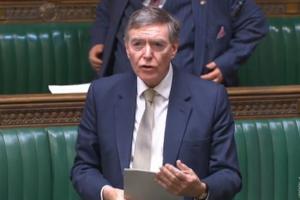In January 2020 Philip was elected Chair of the Environmental Audit Committee (EAC).
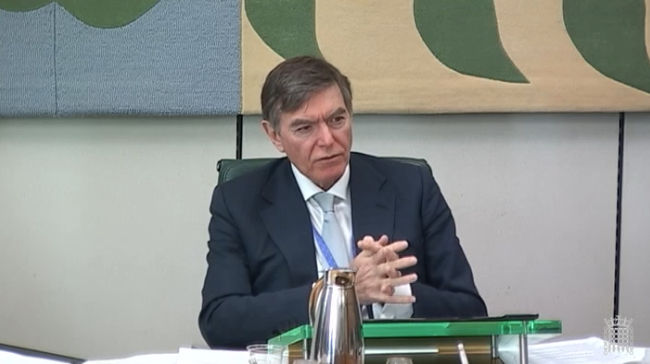
Philip Dunne MP chairs a meeting of the Environmental Audit Committee
The EAC shares with the Public Accounts Committee the remit to look across government, rather than shadowing an individual department. This allows the EAC to scrutinise all government departments, and public and private sector impact on our environment, as well as measures to mitigate climate change. This could well be one of the defining policy areas of this Parliament, as we put in place the policies to enable the UK to reach net zero emissions as soon as possible, and certainly by 2050.
In the past two years, Philip initiated the Committee’s enquiry into one of the largest - yet largely hidden – sectors where modern slavery is prevalent today in Britain, and have pushed for more transparency to encourage Green Finance and greening of UK export finance, in improving biodiversity, air, water and soil quality.
It is clear from maiden speeches that many new MPs are committed environmentalists. They will help keep up the pressure on government to deliver policies for the UK to be a leader internationally in addressing climate change. Not least this November when we host the next UN Climate Change conference (COP26) in Glasgow.
Visit the Environmental Audit Committee webpages here: http://parliament.uk/eacom.
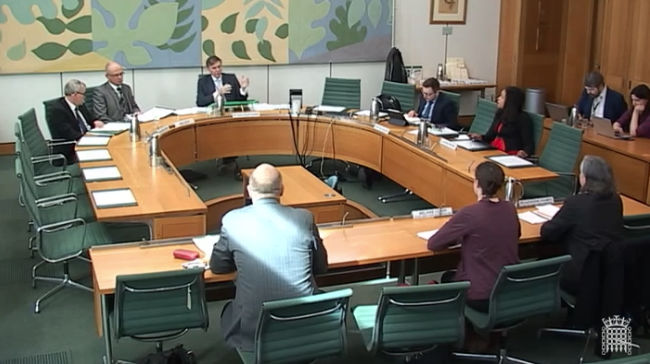
Since dissolution of the 2019-2024 Parliament, I have stepped down as MP for Ludlow, and ceased to be Chairman of the Environmental Audit Committee. In the few days between the announcement of the General Election and dissolution of Parliament I was pleased our committee was able to publish a report summarising the work we had done during the Parliament.
The Climate Change Act 2008 established a framework for setting carbon budgets every five years. But the role of Parliament in approving these budgets has been widely criticised, including by the Prime Minister.
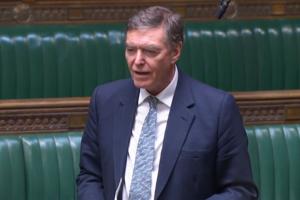
Philip Dunne backs the Government’s nuclear energy and Small Modular Reactor (SMR) programme, but reiterates the Environmental Audit Committee’s concerns that, in order for the UK to be a world leader in SMR technology, there is a need for further clarity in the Government's specific gigawatt roll-out expectations and the competition and contract awarding process needs to proceed at pace.
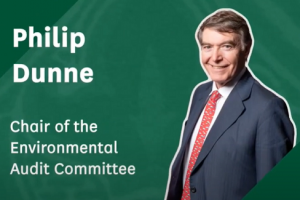
From boosting the take-up of electric vehicles to tackling pollution in our waterways Philip Dunne MP, Chair of the Environmental Audit Committee, discusses how the Committee is putting pressure on the Government to address significant issues in environmental protection and sustainable development.
COP28 provides a chance to show international leadership on nature recovery and the expansion of renewable energy projects. Philip Dunne MP, chair of the Environmental Audit Committee, discusses what the committee believes should be on the agenda for COP28.
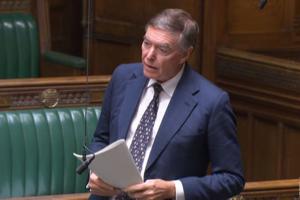
Philip Dunne MP asks the new Secretary of State when the Environmental Audit Committee will receive a response to their letter inviting the Prime Minister to put “flesh on the bone” of his more pragmatic approach to Net Zero that he made in his speech last month.

